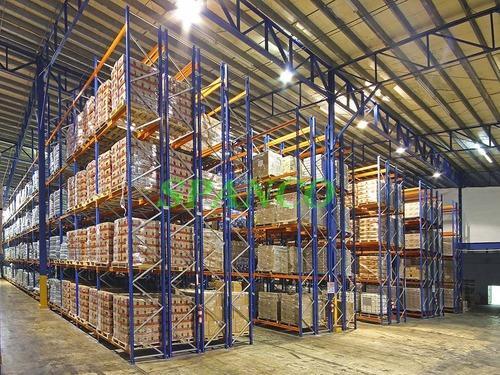In the ever-evolving world of construction, the demand for skilled professionals who are not only well-versed in theoretical knowledge but also practical application is at an all-time high. A construction cadetship in Brisbane offers an invaluable pathway into this dynamic industry, blending hands-on experience with academic learning to cultivate the next generation of construction leaders. This article explores how a construction cadetship prepares individuals for a successful career by equipping them with essential skills and practical experience.
The Structure of a Construction Cadetship
Typically, a construction cadetship is a structured program that combines on-the-job training with formal education. Cadets are usually employed by a construction company and simultaneously complete a related academic course, such as a degree in construction management or civil engineering. This dual approach allows cadets to apply their classroom learning directly to real-world projects, thereby enhancing their understanding and retention of the material.
Core Skills Developed During a Cadetship
- Technical Proficiency: Cadets gain firsthand knowledge of construction techniques, materials, and technologies. Working alongside experienced professionals helps them understand complex architectural plans and engineering specifications. This direct exposure is crucial in developing a solid foundation in construction fundamentals.
- Project Management: One of the quintessential skills in construction is the ability to manage projects efficiently. Cadets learn to plan, execute, and monitor construction projects under the guidance of seasoned project managers. This includes budgeting, scheduling, and managing resources, all of which are critical for ensuring project success.
- Problem Solving and Decision Making: In the field, challenges and unforeseen issues are routine. Cadets are taught how to think critically and make informed decisions to overcome obstacles. This problem-solving ability is cultivated through real-life scenarios where cadets must evaluate the situation, consider various solutions, and implement the most effective one.
- Communication and Teamwork: Construction projects require collaboration among a diverse group of stakeholders, including architects, engineers, contractors, and clients. Cadets learn the importance of clear communication and effective teamwork. They develop interpersonal skills that are essential for leading teams, conducting meetings, and negotiating with suppliers and clients.
- Regulatory Knowledge and Safety Practices: Understanding and adhering to building codes and safety regulations is non-negotiable in the construction industry. Cadets are trained in these areas to ensure compliance and to foster a safe working environment. They learn about risk assessment and management, which are crucial for preventing accidents and ensuring the well-being of all project participants.
Benefits of a Construction Cadetship
The benefits of enrolling in a construction cadetship are manifold. Firstly, cadets earn while they learn, making it a financially viable option for many. They graduate with not only a degree but also with several years of relevant experience, which significantly enhances their employability. Moreover, working closely with industry professionals provides networking opportunities that can be beneficial for future job prospects.
Transitioning from a Cadet to a Professional
Upon completion of a cadetship, individuals are well-prepared to transition into full-time roles within the industry. Many cadets receive job offers from the companies where they trained, as employers appreciate the value of investing in and retaining top talent. Additionally, the experience gained during the cadetship provides a competitive edge in the job market, often leading to higher starting salaries and quicker advancements.
Finally, a construction cadetship in Brisbane is more than just an educational program; it is a comprehensive training ground for aspiring construction professionals. By integrating academic learning with practical application, a cadetship equips individuals with a robust set of skills that are critical for navigating the complexities of the construction industry.





